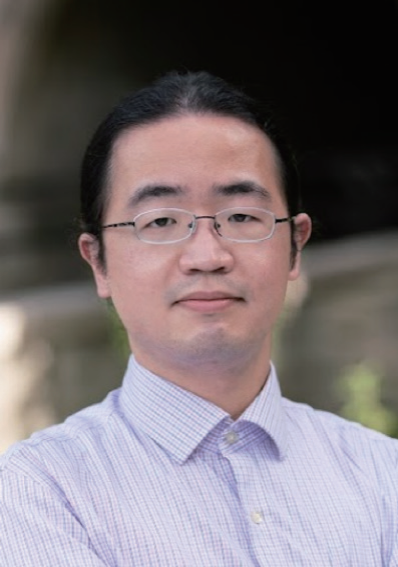Han Hao,Felix Strieth-Kalthoff,Alan Aspuru-Guzik
Department of Chemistry, University of Toronto, Toronto, ON, Canada;
2Department of Computer Science, University of Toronto, Toronto, ON, Canada
3 Acceleration Consortium, University of Toronto, Toronto, ON, Canada
4Vector Institute for Artificial Intelligence, Toronto, ON, Canada
EXTENDED ABSTRACT: Contemporary materials discovery requires intricate sequences of synthesis, fabrication and functional characterization that often span multiple locations with specialized expertise and instrumentation. In our collaborative effort of the Material Accelerated Discovery of Novelty Enabled by Synthetic Systems (MADNESS) campaign, we present a cloud-based solution enabling AI-guided, asynchronous, and delocalized design-make—test-analyze cycles to integrate these workflows (Figure 1). We applied a building-block strategy for assembling molecular function enables automated synthesis on geographically distributed yet connected platforms, orchestrated by a central cloud platform, with the integration of an Albased experiment planner and an in-line property
characterization module to accelerate the discovery of top-performing organic solid-state laser molecules as demonstrated by the best ever thin-film device performance. Empowered by asynchronous integration of five laboratories across the globe, this workflow provides a blueprint for delocalizing - and democratizing - scientific discovery, in which we are endeavoring a global community of accelerated material discovery and self-driving laboratorios based on the framework of the Acceleration Consortium at the University of Toronto.
Keywords: Delocalized discovery; Materials Discovery; Machine Learning; Automation

Dr. Han Hao is a Staff Scientist of the Acceleration Consortium at the University of Toronto. He was also a postdoctoral fellow with Prof Alan Aspuru-Guzik from the Chemistry Department at the University of Toronto. His research focus includes advanced automation and digitization of chemistry, robotics in chemistry, AI-assisted molecule design and highthroughput computations. He also works on deliverable designs and blueprints for the selfdriving lab community.